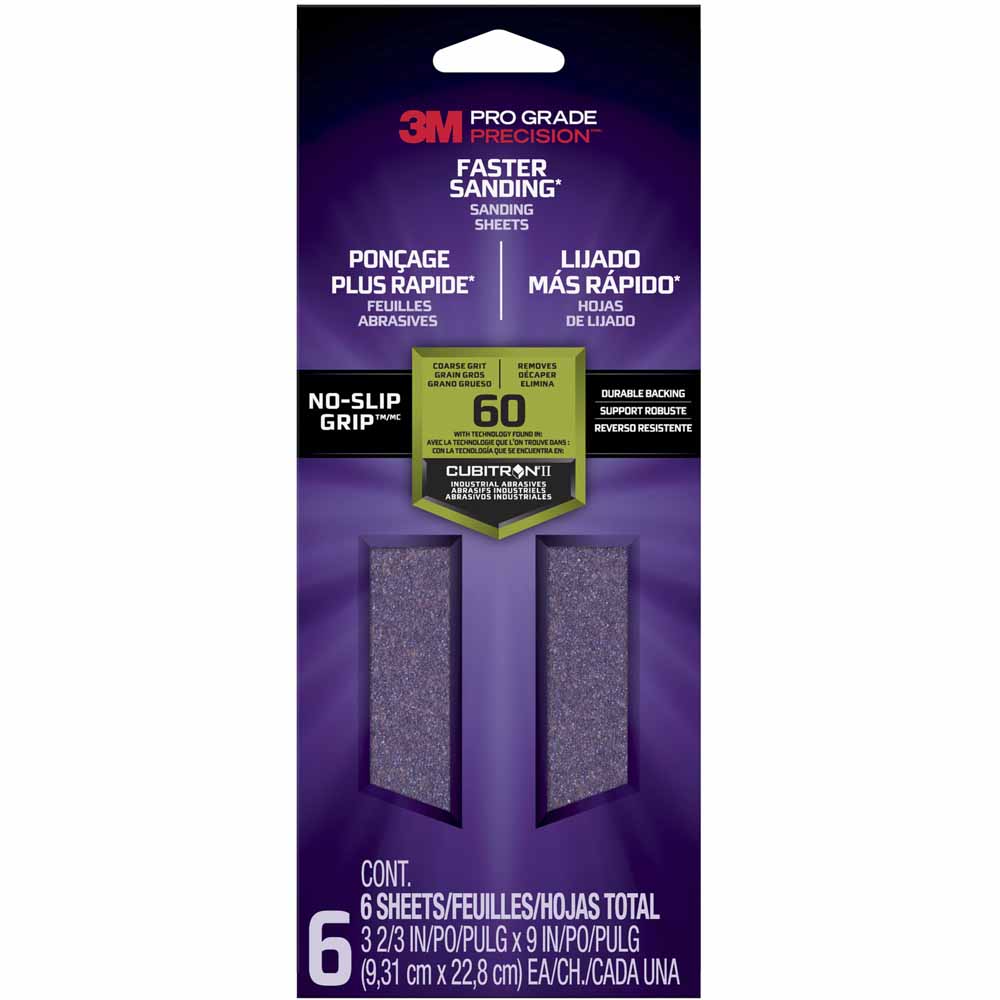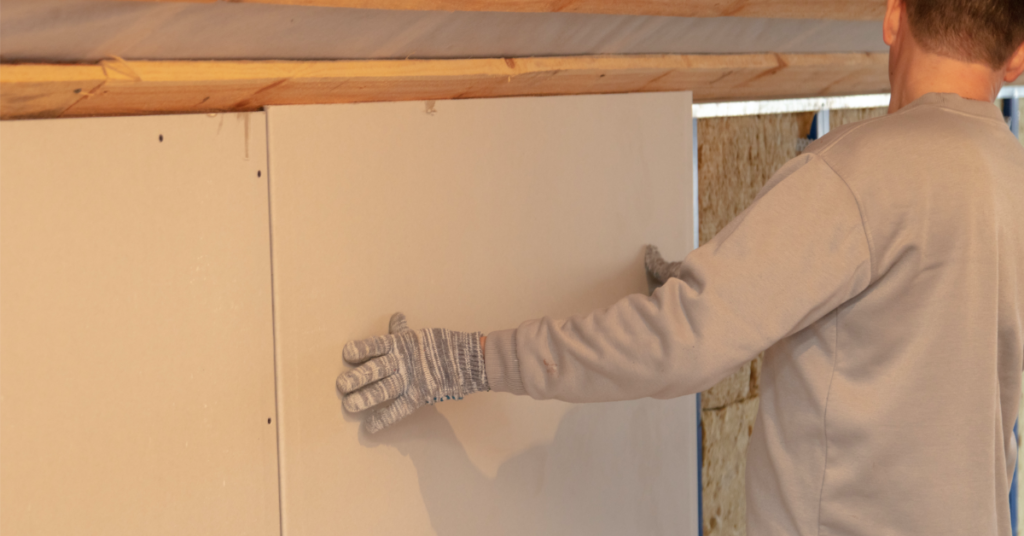
Your basement needs to be prepared and well-equipped for drywall installation. Before you begin, ensure you have checked your local codes. If you plan to use your basement for any type or utility service, fire-resistant typeXdrywall may be required.
To start, determine what type of drywall will work best for your needs. There are many choices, including standard and specialty drywall as well as drywall that has been treated to resist mold or moisture. The best choice is dependent on your climate and whether the basement will be dry or wet.
Next, prepare your floor. Next, clean the floor. Dust can be removed with a damp cloth. Once the basement is clean, you can begin the process of installing drywall. To stop dust from entering your home, you should turn off your air conditioner. Another option is to use plastic sheeting to absorb any dust.

Hanging drywall into a basement can be tricky, especially when there are pipes and wires that run through it. However, if you have a friend or family member who can help, you can minimize the amount of difficulty. Hanging drywall at an appropriate height is important. A jack can be used to stabilize the drywall.
Before you begin, measure the length and width of each section of ceiling. Basements are often damp, so choose a drywall that is resistant to moisture. Home Depot stocks a variety of thicknesses for drywall. Most often, 3/8" or 1/2" is used. However, there are special types that are resistant to mold.
Once you have measured the ceiling, you should decide how much drywall you'll need to finish. This will depend on the room, so plan accordingly. In general, you will need a long piece of drywall for the ceiling, and smaller pieces for the walls. These drywall pieces usually measure 8 feet. It is possible to cut these drywall pieces depending on the type.
When hanging drywall, make sure your joints are horizontal. If they are not possible, you can sand the joints to make them smoother and less noticeable. A sanding spatula is an excellent tool. Sanding your wall will remove nail marks and texture. Sanding your drywall will also prepare it for painting.

Finally, you will need to spackle any areas where you'll be hanging items. Overdoing it could result in damage. You can also use a spackling agent that contains a mold-resistant ingredient. You can smoothen any rough edges with a fine-grit, sponge sandpaper.
Besides preparing your walls and ceiling for drywall, you should make sure that they are prepared for plumbing and electrical work. This will increase the cost. Home Depot offers ladder and drywall lift rentals.
FAQ
What is the average time it takes to renovate a house?
It all depends upon the size of your project and how much time it takes. The average homeowner spends three to six hours each week working on the project.
Are permits required to renovate my home?
Permits are required before you can start any home improvement project. A building permit and plumbing permit are required in most cases. A zoning permit is also required depending on the type and extent of work you are performing.
In what order should home renovations be done?
When renovating your home, the first thing to do is decide where everything should go. If you intend to sell your home in the near future, you need to think about how you will present it to potential buyers. Next, you should start thinking about the design of your kitchen, bathroom, living room, etc. Once you have decided which rooms you want to renovate, you should start looking for contractors who specialize in those areas. After you have hired a contractor to work on your project, it is time to get started.
How do you make a house look new?
Here are some tips to help you renovate your home without spending too much money.
-
Create a budget plan
-
Learn what materials are needed
-
Decide where to put them
-
Make a list of things you need to buy
-
How much money do you have?
-
Plan your renovation project
-
Start working on your plans
-
Do some research online
-
Ask family and friends for their help
-
Get creative
What should I think about when buying a house?
Before purchasing a new home, make sure that you have enough money saved up to cover closing costs. If you don't have enough cash on hand, then you might want to think about refinancing your mortgage.
Statistics
- A final payment of, say, 5% to 10% will be due when the space is livable and usable (your contract probably will say "substantial completion"). (kiplinger.com)
- ‘The potential added value of a loft conversion, which could create an extra bedroom and ensuite, could be as much as 20 per cent and 15 per cent for a garage conversion.' (realhomes.com)
- According to the National Association of the Remodeling Industry's 2019 remodeling impact report , realtors estimate that homeowners can recover 59% of the cost of a complete kitchen renovation if they sell their home. (bhg.com)
- It is advisable, however, to have a contingency of 10–20 per cent to allow for the unexpected expenses that can arise when renovating older homes. (realhomes.com)
- The average fixed rate for a home-equity loan was recently 5.27%, and the average variable rate for a HELOC was 5.49%, according to Bankrate.com. (kiplinger.com)
External Links
How To
Five Things You Must Know Before Starting Your Home Renovation
-
Do you really want to do this? It's likely that you will need assistance if you plan to tackle a large home improvement project, such as remodeling your kitchen or bathroom or building a new home. However, if you feel unsure about your ability to complete such a big task by yourself, you might consider hiring someone to help you. This could cost you a lot of money and time, and you may not get any real benefit from it. Instead, you can hire someone who knows their stuff to help. These people will save you time, stress, and provide a beautiful place to live in.
-
How much should you spend? - This one might seem obvious, but spending too much on a renovation project could actually make matters worse. You'll likely have to repay most of your costs at the end. If you have a budget in place, stick with it. You could wind up spending a lot and not getting any return.
-
Do I hire professionals or do I need to DIY? - While there is no right or wrong answer, we recommend that you hire professional tradespeople if possible. You can trust them to provide you with advice and guidance on how to proceed with your job. They will install the plumbing correctly, take care of safety, and offer a guarantee after they have finished their work. DIY projects can be frustrating because they require a lot more trial and error. This means that you will have to learn many lessons from the experience. You'll also have to deal with any problems that may arise throughout the process.
-
Can I afford it - Don't underestimate the cost of a renovation project. Even if you believe you can handle it yourself, it might be necessary to borrow money from your family or friends just to cover the costs. You should also consider the cost of selling your property if you plan to move soon after the renovations are completed.
-
Where should I begin? There is no wrong or right place to start when it comes time to choose where to begin. But, we recommend you pick something you love to work on. That way, you'll be motivated to keep going, and you'll be less likely to procrastinate. You should also avoid areas that require extensive maintenance. If you have to deal with dirt and dust, don't try to redecorate the living room.